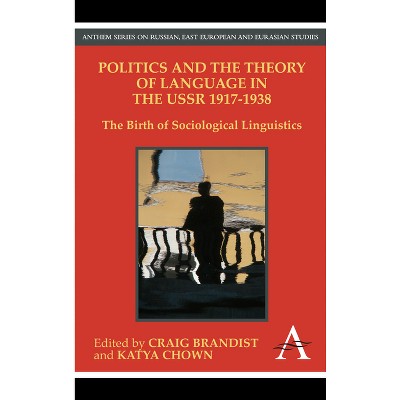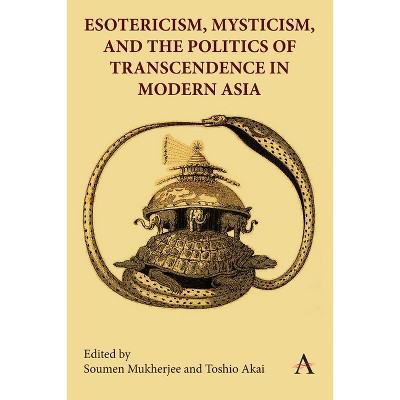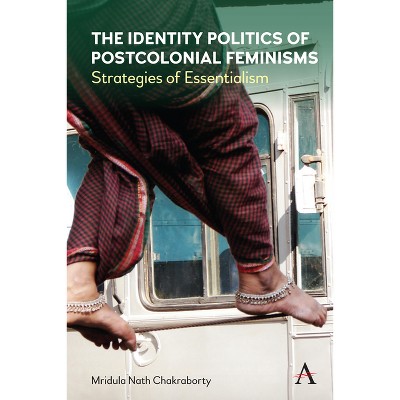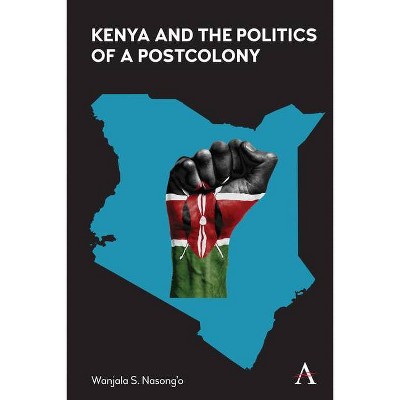About this item
Highlights
- This book explores the moral essence of states in domestic as well as international politics, thinking beyond national interests.
- About the Author: Ulf Hedetoft is Professor, dr. phil., at the University of Copenhagen.
- 90 Pages
- Political Science, History & Theory
Description
About the Book
This book deals with the morality, self-conception and honour of states, something that goes well beyond the narrow, rationalist defence of national interests, which dominates most IR studies. The volume pursues this line of thinking by focussing on three different but interconnected thematics: moralism, honour and war.Book Synopsis
This book explores the moral essence of states in domestic as well as international politics, thinking beyond national interests. This book deals with the morality, identity, self-conception and prestige of states, all of which goes well beyond the narrow, rationalist defence of national interests, which dominates most IR studies. The honour of states - which is most clearly seen in situations of war - rests on the ideal conception of 'all of us', which includes all citizens, all classes and all generations, set against their opposite numbers outside of 'our' immediate sphere of domination. This state-based image of itself and its existential teleology constitutes its very essence, notwithstanding that it is often seen as a deviation ('exception') from the normal state of affairs, where the state is 'just' there to serve and support the economy and its principal actors. The volume, which is particularly topical given the current belligerent state of Europe and the global struggle for hegemony, pursues this line of thinking along three different but interconnected routes. The first chapter delves into the morality question itself, tackling the complex relationship between politics, law and morals, and between states and citizens. The universe of moral judgements feeds off rigid distinctions between good and bad, I/we and the Other, restraint and self-restraint, liberty and puritanism. Political actors support it, law legitimates it, and citizens enact it. The second chapter deals with the question of the honour and prestige of states, historically and conceptually; this is a question that has been either ignored or misconceived by recent international relations theories, but which has now shown its renewed relevance and cries out for an explanation. Finally, the third article tackles the question of war and peace head-on. Its basic theorem is that the two are not contradictory but complementary: reasons for war are produced in times of peace. Both Kant's thesis on 'perpetual peace' and its modern corollary, that is, that democracies do not go to war against each other, are seen as fallacious. The chapter ends by addressing the question of the background and rationale of the war in Ukraine, in the process critiquing the moral stance characterising the Western understanding of the situation. Thus, all three chapters revolve around issues that relate to the interaction of war and democracy and the underlying morality that both legitimates and underpins the actions of politicians as well as citizens.Review Quotes
'Hedetoft's essay is extremely timely. It brings to light issues of morality, honour and prestige - topics largely neglected in mainstream International Relations research. Using the Russo-Ukrainian war as an example, it enhances our under-standing of how wars are legitimised by political leaders seeking to secure domestic loyalty and win over international public opinion.' - Bo Petersson, Professor of Political Science at Malmö University, Sweden
'Hedetoft's essay is extremely timely. It brings to light issues of morality, honour and prestige - topics largely neglected in mainstream International Relations research. Using the Russo-Ukrainian war as an example, it enhances our under-standing of how wars are legitimised by political leaders seeking to secure domestic loyalty and win over international public opinion.' -- Bo Petersson, Professor of Political Science at Malmö University, Sweden
'In his far-ranging analysis of critical issues concerned with morality, national honour, prestige, tolerance and war - along with a flurry of European case studies - Professor Hedetoft provocatively concludes that "political morality is a strange creature, always ready to provide political actors with the clean conscience they need when they set even the most horrific events in motion". He raises a further question: Does a state wage war only because national honour is at stake? This book provides a whirlwind of intelligent thought scholars will embrace.' - Raymond Taras, Professor Emeritus, Tulane University, USA
'In his far-ranging analysis of critical issues concerned with morality, national honour, prestige, tolerance and war - along with a flurry of European case studies - Professor Hedetoft provocatively concludes that "political morality is a strange creature, always ready to provide political actors with the clean conscience they need when they set even the most horrific events in motion". He raises a further question: Does a state wage war only because national honour is at stake? This book provides a whirlwind of intelligent thought scholars will embrace.' -- Raymond Taras, Professor Emeritus, Tulane University, USA
About the Author
Ulf Hedetoft is Professor, dr. phil., at the University of Copenhagen. His research interests include the theory and history of state, sovereignty and nationalism, with a special focus on Europe.











